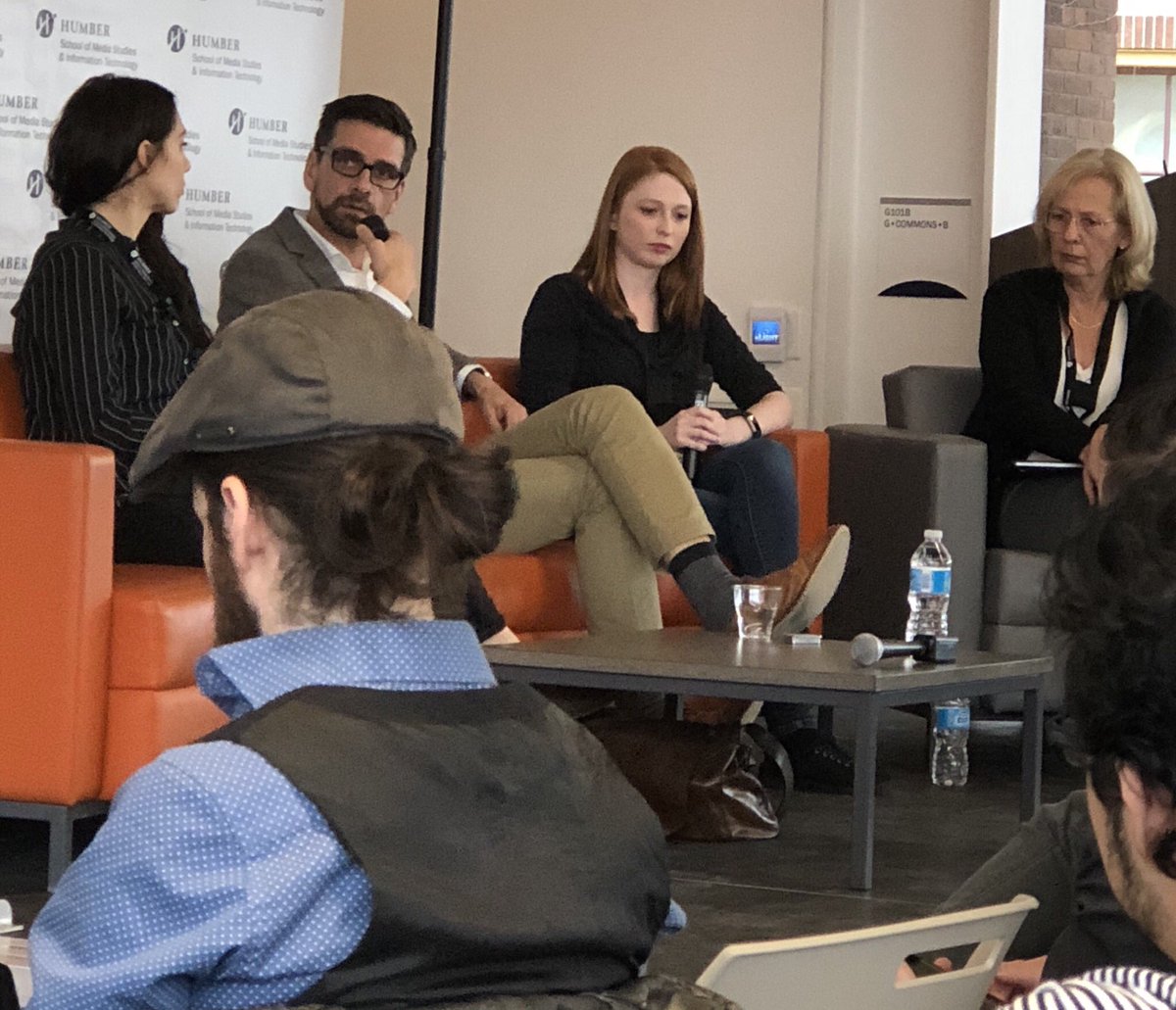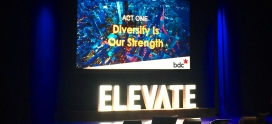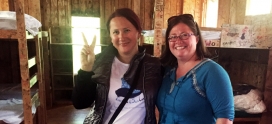Data Driven – The Conference But Also Dateva’s Mission
In early December 2017, I was part of an “end of day” panel at Data Driven – a Data Journalism conference hosted by Humber College. I wanted to be there for the full day though, to catch all of the speakers and panels as the area of Data Journalism, I feel, is the next wave for our media.
It’s actually mostly there already as more and more writing is data based – at least in detailing issues or situations. It was a wonderful day and I picked up a lot on how the industry is struggling with similar issues facing Dateva and other data advocates. Namely, how to get data?
I recall, while working at the City of Toronto as the city Open Data Lead, how I would get media calls from journalists asking for specific data things and often, that would be the ticket to uncork materials and finally have it get to the open data web pages. In some ways, the import of a media call would be what I call the “added value pressure” to turn the tide. Much harder to say “no” to media – especially if they are going to go ahead and write something – than it is to a citizen.
But I digress.
The most impressive impact around how change can happen based on data was the panel discussion around Unfounded – a Globe & Mail series on the lack of investigations around sexual assaults by Canadian Police forces. I couldn’t help but tweet: “headline for my reaction to the Unfounded One Year Later panel: Dumbfounded by Unfounded Findings …”
What I found most impressive was the importance the Unfounded investigative team placed on making sure their use of the data collected would be “repeatable, reproducible and verifiable”.
The thing many critics say about using data is how it can be manipulated – what is left out being as significant as what is put in. In the case of Unfounded, the facts speak for themselves and their emphasis on the “R-R-V” quoted above is a huge reason why the article is having so much impact!
All in all, it was a fantastic day and the panel I was on covered off “social change and open data”- a great seque from all of the previous sessions that day.
Dateva Believes Health Data Tells Stories
Now, when it comes to what Dateva is trying to do, I can certainly see parallels to the mission of the data journalist. Namely, to tell stories generated by data.
All the speakers noted: “not to plug data into the story” but to “use data to drive the story” – find out “what the data is telling you and write about that.”
As far as health data goes, it’s clear the health industry isn’t really doing this. If they are, they aren’t doing it well! And that’s why pooling health data – getting hospitals and researchers and anyone who has health data to share it – is so important.
Until that happens, analysis is going to be suspect or not repeatable and reproducible and verifiable. And that’s because you don’t get all of the available data to compare notes and check and validate.
Until we see the heart group better combine with the lung group, and the arthritis group, and the brain group, and the kidney group, and on and on – work in absolute unison, we are likely to be missing the actual stories on what triggers disease and what we can do to do better in preventing disease.
I don’t want disease or symptoms correlations to be missed! I witnessed too much silo driven behaviours in my government work and I know it’s too easy to cop to the excuse: “it’s not in my scope of work” kind of thinking.
Well, the collaboration that’s needed by the health care industry shouldn’t cop to that same excuse and shut the door at that. It could be the difference between life and death here.
At the event, I encouraged all the data journalists – and students studying to become journalists – to consider paying way more attention to health care data. They need to join the Data Donor Movement. We clearly need professionals to tell people’s stories and to hold governments – and others who have and control data – to share it.
Indeed, we do have this in common. Here’s the link to the Data Driven Conference and to the Globe & Mail Unfounded story.





Pingback: kamagra žádné rx sobotní doručení
Pingback: buy cheap xifaxan canada no prescription
Pingback: cheap rifaximin canada over the counter
Pingback: ordering avodart usa generic
Pingback: buying staxyn canada drugs
Pingback: generic fildena in dubai
Pingback: order itraconazole cheap no prescription
Pingback: cheap gabapentin canada medicine
Pingback: discount dutasteride generic from india
Pingback: cheapest buy flexeril cyclobenzaprine generic is good
Pingback: buy cheap androxal new york city
Pingback: medicament kamagra pharmacie gracieux ans
Pingback: cheapest buy enclomiphene real price